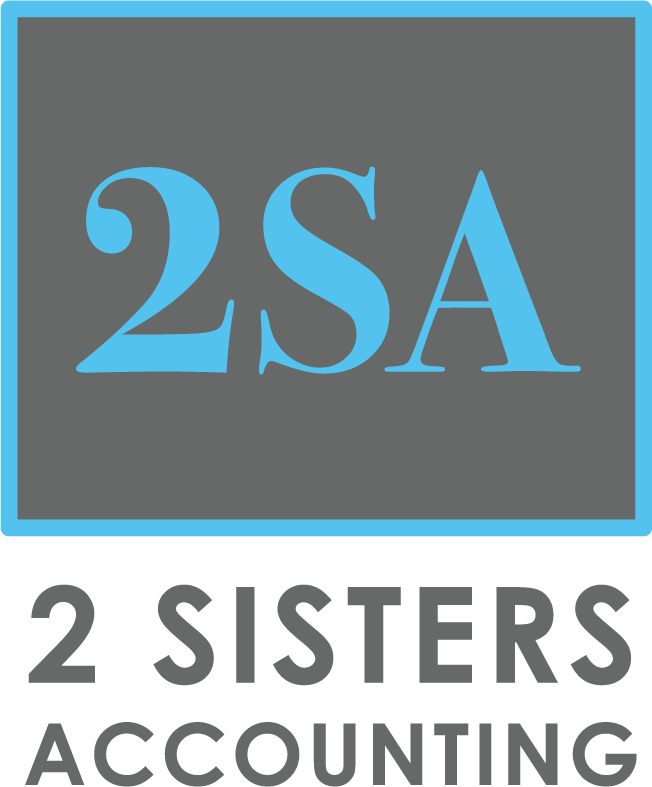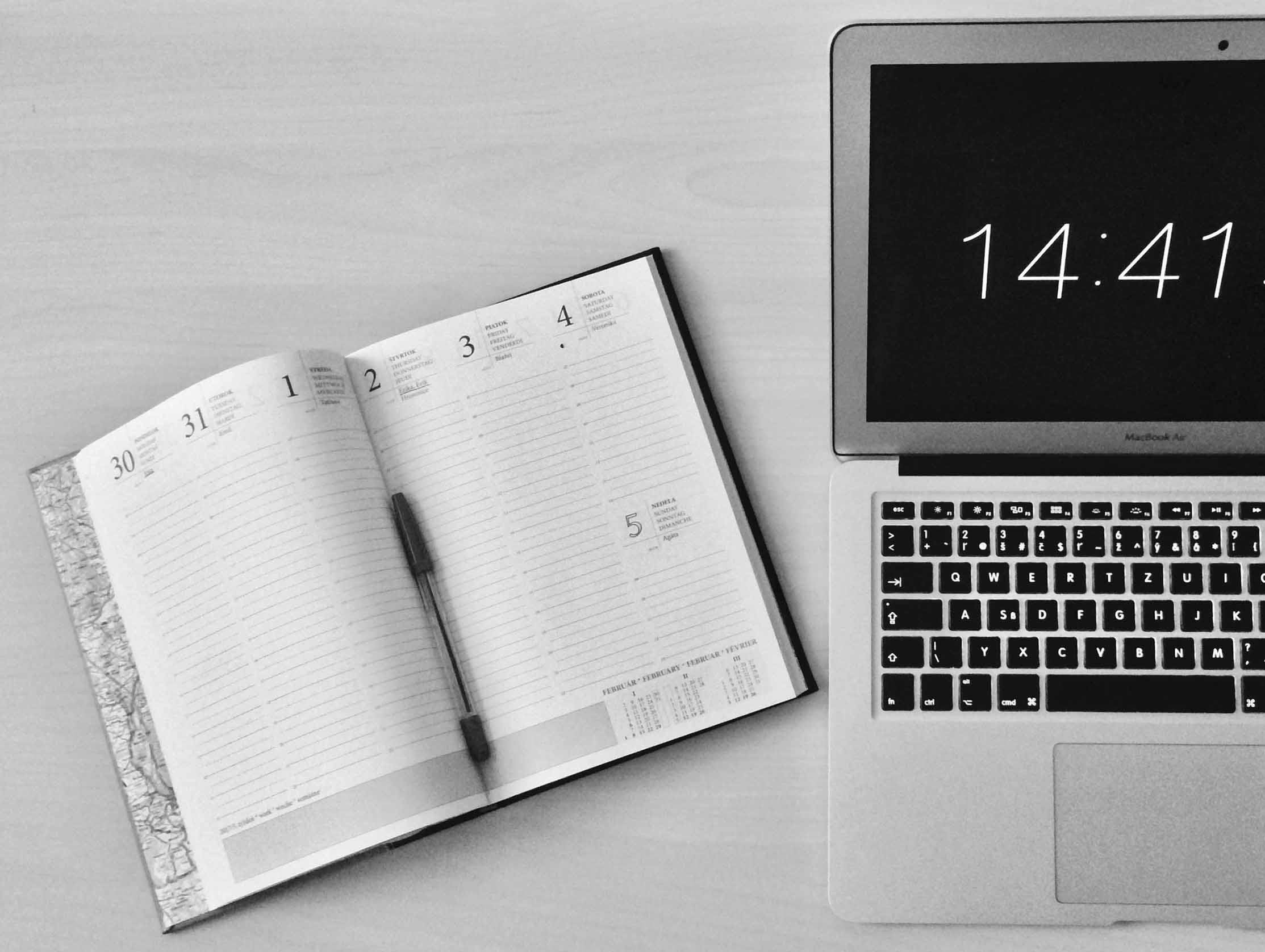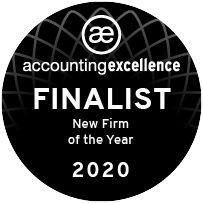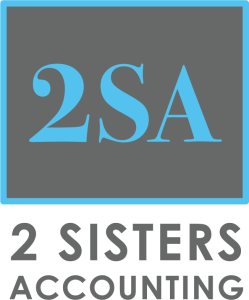Tips for DIY Small Business Bookkeeping
When you are running a new or small business it can make sense to do some DIY bookkeeping. As you get bigger you get bigger you may want to outsource this to someone.
We have some top tips on how to approach small business bookkeeping yourself to make it easier to manage. Most of the tips below are related to using an accounting system online, like Xero, FreeAgent or Quickbooks. You can complete bookkeeping for a very small business on spreadsheets, and for that you will be downloading your bank statements each month and categorising the expenses, we do have a bookkeeping spreadsheet you can use.
This is not a step-by-step ‘how to’ guide for how to do everything but key bookkeeping tips for small businesses to consider to make your life easier as you work through your bookkeeping.
Stay Organised by Keeping on Top of Your Bookkeeping Tasks
It is so easy to put off something that we are unsure how to do or just find so so boring, however you will then find yourself with a year’s worth of bookkeeping to complete and no idea where to start. We would suggest blocking time off each week (maximum once a month) to dedicate to clearing your bookkeeping. If you are doing it regularly there will not be a massive amount to do at any one time. Also, as you are doing it often you will remember how to do it and very quickly get better and more confident, you wont get this experience and learning if you only tackle it once a year.
Read more: Top Bookkeeping Tips for Small Businesses

Why You Should Avoid Using General Expenses
General expenses should be avoided most of the time. On the whole, there should be a code that is close enough to what you need. There is a big temptation to shove everything that you are unsure of or can’t remember what it relates to into general expenses. This will lead to a lot of questions at the year end when your accountant tries to work out what everything in there relates to.
Don’t Overthink Your Bookkeeping Codes
In small business accounting no one is going to die if you post an expense to the wrong code, and on the whole HMRC are not that picky about what code is used, as long as all the business income and expenses are included.
So do not get yourself in a panic about how to post everything on your bank account, put expenses where it makes the most sense to you.
The Importance of Being Consistent with Your Expense Categories
While we say do not worry too much about where you are posting things, you will want to make sure that you are consistent with where you post things. For example, make sure that all train tickets go to travel. That if you post Xero bills to accounting always post them there, not some to subscriptions, some to software and some to accounting.
This will enable you to check what you are spending much easier as you will have a good idea of what expenses are where. As you build up data you can then compare costs year on year and month on month to get a feel of where you are spending money and if any areas are creeping upwards.
Why You Shouldn’t Create Too Many Expense Codes
While it can be tempting, do not create hundreds of very specific cost codes for every type of cost you encounter. This will give you a very long profit and loss that gets hard to read and will make it hard to keep consistent with where you post expenses.
Keep it simple with a limited number of codes, we would on the whole recommend sticking to the default chart of accounts in your chosen accounting system, this will give you codes that cover every type of expenses.
How to Handle Computer Equipment Costs
Confusingly, there will likely be a code called computer equipment or office equipment in your accounting system. This will be a fixed assets code so should only be used for items that you will be using for a number of years in the business. A good rule of thumb is to only post items that are over £100 in here. For other items use an expense code such as IT software and consumables, repairs and maintenance or possibly general expenses if they really do not fit into another expenses category.
Fixed Assets in Bookkeeping – Over £100
When you are spending over £100 on items that will be used in the business for a number of years these should be posted to a Fixed Assets code such as computer equipment, office equipment, motor vehicles etc. These will then be depreciated as part of your year end accounts by your accountant.
Read more: Fixed Assets and Depreciation
Need help with your small business bookkeeping? Contact us today for a consultation or explore our professional bookkeeping packages.
